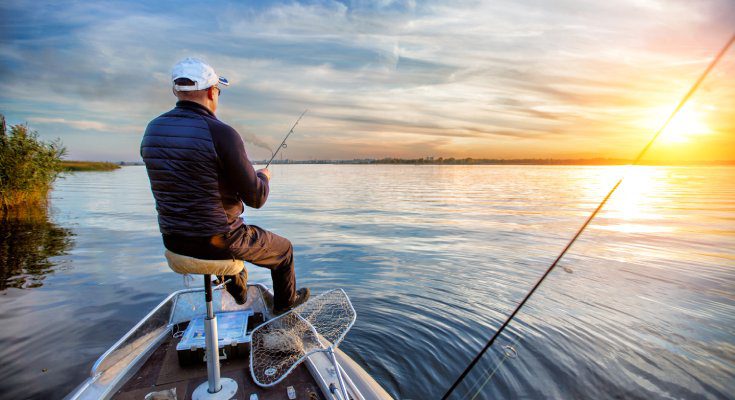Fishing for bass can be both thrilling and challenging. Knowing the right techniques and strategies can significantly boost your success, whether you’re a seasoned angler or just starting out. Here are eight practical tips to help you catch a bass while fishing.
Bass Fishing Equipment
The right equipment can make all the difference when bass fishing. Start with a medium-action rod paired with a spinning or baitcasting reel. These setups give you the balance and control needed to tackle bass. Opt for a sturdy fishing line, such as fluorocarbon or braided line, which works well depending on the situation. The right gear boosts your confidence and helps you perform better on the water.
Location, Location, Location
You’ll usually find bass hanging out near structures like submerged rocks, fallen trees, or aquatic vegetation. Look for areas where the water is shaded and cooler, especially during warmer months. Morning and evening are prime times to fish since bass tend to be more active and closer to the surface. Knowing where to focus your efforts can take your bass fishing game to the next level.
The Right Bait
Bass are picky eaters, so using the right bait is key. Lures like crankbaits, spinnerbaits, and jigs work wonders. Opt for minnows, leeches, or worms if you prefer live bait. One fun fact about bass fishing is that finesse fishing is the best technique to use. It involves subtle movements and lighter setups to tempt and lure the bass. Keep experimenting with various options to see what works best for the day.
Weather Watch
Understanding how weather influences bass behavior can save you hours of trial and error. On cloudy days, bass tend to be more aggressive and roam shallow waters. Bright, sunny conditions often drive them deeper. Wind direction also plays a role, usually pushing baitfish—and bass—toward the windblown side of a lake. Pay attention to these factors for better results.
Patience Pays Off
While timing doesn’t guarantee a catch, it certainly improves your chances. Early mornings and late afternoons, when light levels are low, are often excellent times to fish. However, be patient. Even on less active days, persistence and technique can pay off. Adjust your approach as needed.
Ethical Bass Fishing
Bass fishing is most enjoyable when it’s sustainable. If you’re practicing catch and release, handle the fish gently and return it to the water as quickly as possible. Use barbless hooks to minimize injury and avoid holding the fish by the jaw for an extended period. Responsible fishing helps protect bass populations for future anglers.
Knowing the right strategies can elevate your bass fishing experience. Equip yourself with knowledge, practice your technique, and follow ethical practices. If you’re ready to enhance your fishing skills even further, start incorporating these tips during your next trip to the water. The fish are waiting for you!


